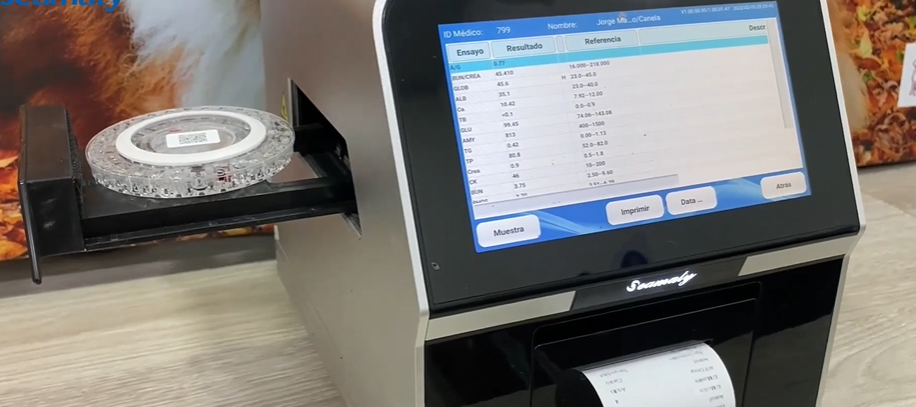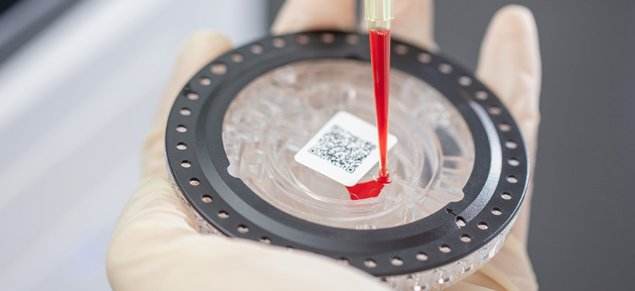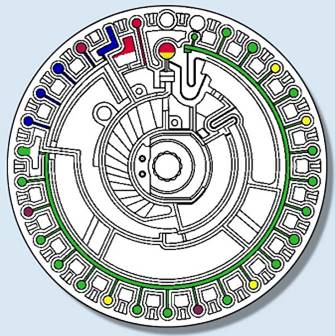A Hangzhou antigen reagent foundry manager said that the cost price of a kit of 1~3 RMB has been speculated to be up to 2300 RMB in Australia, and it is hard to find a box.
With the approach of Chinese New Year, there is a shortage of packers and a shortage of temporary workers, and it is difficult to recruit people even if the daily salary is ¥300 a day. The person in charge said it was due to too many orders accumulated before, and there is an epidemic around the factory, causing to staff often need to be isolated. Therefore, so that many other countries have orders scheduled until after the year.
A number of staff engaged in the production of new crown antigen detection products, export-related staff said: ''Overseas orders have long been scheduled until after the year, no worries about buyers. ''At the same time, foreign trade businessmen "urgent spot export" demand, so that some international students also do the business on behalf of the purchase.
Comparison of the advantages and disadvantages of nucleic acid testing and antigen testing
Chinese nucleic acid testing and the rapid tests currently prevalent in most countries - that is, antigen testing - both have their own advantages and disadvantages.
Virologist Rongshan Chang explains that, in terms of testing principles, nucleic acid testing covers a long disease course and can detect any time during the shedding of the virus, and the sensitivity of this test is significantly higher than that of antigen testing.
But the antigen test is convenient, low cost, and can be sampled at home, 15-20 minutes to produce results, and with home isolation can significantly reduce the risk of mobile transmission.
Previously questioned by scientists because of the low sensitivity of the antigen test why is suddenly very popular?
"At present, Europe and the United States, Australia and Japan and other regions of the new coronavirus is still a large-scale epidemic, limited by human and material costs and other factors, nucleic acid detection capacity can not meet the needs of the epidemic prevention and control", Shenzhen National Clinical Medical Research Center for Infectious Diseases, Shenzhen Third People's Hospital President Lu Hongzhou believes that "Foreign control measures for novel coronavirus patients are based on home isolation, so antigen testing has become their main means of detection. This is compatible with their prevention and control policies, goals and health care system".
Whether countries overseas choose antigen testing as a second choice due to the lack of nucleic acid testing capacity, or choose antigen testing as a proactive way to "live with the virus," two completely different screening models have emerged worldwide, with nucleic acid testing and antigen testing as the core. The former is represented by China, while the latter is represented by the UK and Singapore.
The United States, where nucleic acid testing capacity is not up to par and measures to adopt rapid testing are a step behind, has also begun to accelerate the supply of antigen testing reagents in the face of the surge of omicron cases. on January 14, a White House announcement showed that the Biden administration is acquiring 1 billion copies of home rapid testing kits. 500 million are scheduled to be made available this month. This new program will allow each American family to conduct four free self-tests. At the same time, pharmacies, community health centers, schools, and private insurance companies are beginning to supply the tests.
In addition, European countries, Australia, Japan, India, Indonesia, Australia, Israel and other countries have promoted or are promoting antigen testing domestically, and the United Kingdom, Singapore, Brazil, France, Italy and other countries have made antigen testing results one of the entry criteria.


